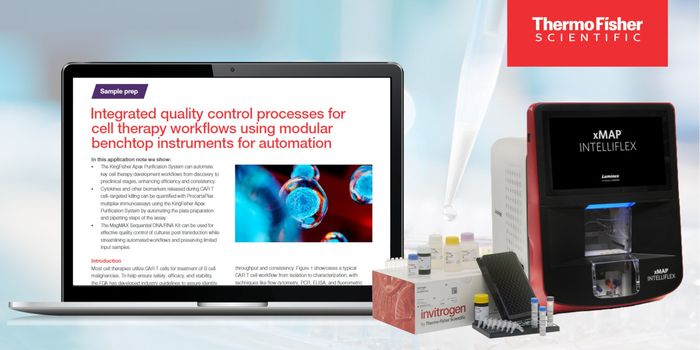Assay Detects Antibodies in Asymptomatic COVID Carriers
It is estimated that around one in five people infected with SARS-CoV-2 will not show any infection symptoms. Some of these are pre-symptomatic, meaning that the COVID symptoms have yet to manifest, while others will remain completely asymptomatic throughout the course of infection.
Despite not presenting with symptoms, these individuals still produce antibodies against the virus. However, commercially-available serology tests (assays that look for antibodies against specific viral proteins) often fail to catch these unique patient populations.
Now, a group of infectious disease researchers has developed a novel serology test with a wider “net”, capturing the full range of antibodies that the immune system produces against the viral spike protein. Additionally, the cell-based assay reveals the subclass of antibodies present in the circulation, which could provide insights into which stage of infection the patient is experiencing.
To develop the assay, the researchers used SARS-CoV-2’s spike protein gene. The spike protein acts like a key, latching on to receptors on human lung cells and gaining access to the cell’s interior. The scientists genetically modified cells to express the spike protein on their surface. They then incubated these cells with plasma samples from patients. Flow cytometry, a technique used to detect and measure cell characteristics, was used to determine the subclasses of antibodies against the spike protein present in the sample.
This flow cytometry-based method was found to pick up 97 percent of COVID infections in pre-symptomatic and asymptomatic individuals, even those who had minute amounts of antibodies against the virus in circulation. These results were a significant improvement over those obtained using commercially-available serology tests, which only identified around 30 percent of asymptomatic patients. The scientists found that IgG1 was the dominant IgG subclass present in both symptomatic and asymptomatic individuals.
As the assay uses the full-length gene for the spike protein, it will likely still be effective even amidst the emergence of new SARS-CoV-2 variants. This technique could help boost contract tracing efforts to contain the spread of the virus in the community. “This would greatly help to form better public policy decisions to manage and limit COVID-19 infection,” wrote the authors.
Source: Cell Reports Medicine.









